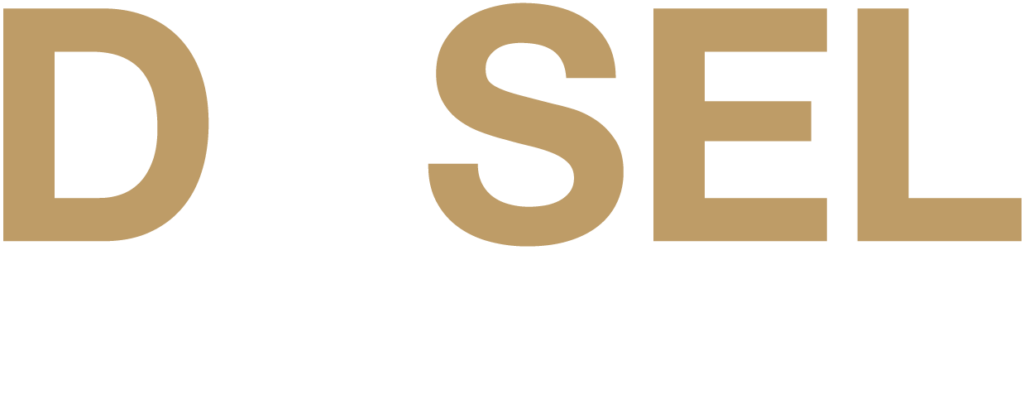As a support consultant, I help people working at equipment dealers understand how software solutions can make their tasks easier and more enjoyable. Demos of our software solutions for customers and prospects are also part of my job. Introducing our software to people is great fun to do. And it's completely different from providing training or support. Here are a few things I've learned that are important in a software demonstration.
Tell the audience what you are going to demo
Your audience probably knows broadly what they will see in your demo. They have explained to you what is important to them and they have received the agenda for the demo from you. However, it is still very important to tell your audience step by step what you are showing them. Especially in demos that take a little longer, you need to make sure that you hold the audience's attention. By telling them the process that follows, they will be more focused.
Keep it simple
The goals of a demo are to introduce the software, show the potential of the system, and create interest and awareness. There is no need to show all the features and functionalities or to prove that the system can handle all the details and exceptions. Therefore, keep it simple. Show the most important processes, use simple and relevant examples, and save the extras and detailed stuff for subsequent sessions. Moreover, in many cases it is impossible to cover everything in a demo, simply because it would take too much time.
Handle questions well
Make sure your demo is interactive. This can be especially difficult in an online remote demo because you can't see your audience's faces and body language. Tell them they are allowed to interrupt you with questions and check frequently to make sure they understand what you are saying. And reserve some time at the end of the demo for questions and discussion. And don't worry, people don't expect you to know the answer to every question right away. Some advice on how to handle questions from your audience:
- Don't go into too much detail; some people in your audience may want to know everything about a very specific topic. But that may slow down the demo, you may lose the attention of the rest of the people, or you may have to deal with questions you haven't prepared for.
- It's fine to "park" questions; you may want to handle a question later in the demo or at the end. It's fine to do that when doing so keeps the pace in your demo.
- 'No' is also an answer; with a demo, you want to convince your audience that you have the right solution for their organization. But don't try to answer "yes" to everything they ask for. Sometimes people have to accept "no" as an answer.
- You don't know the answer to everything; some questions may be too complicated to answer immediately or require additional research or inquiry from one of your colleagues. In that case, tell them you will get back to them soon with the answer.
Ashley Harris is a support consultant at Dysel specializing in how business software helps equipment dealers become more successful.


